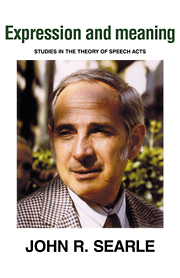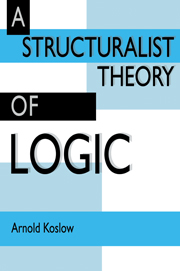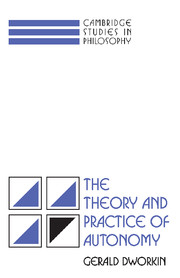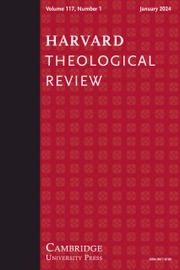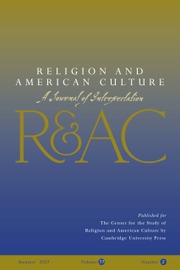Divine Motivation Theory
Widely regarded as one of the foremost figures in contemporary philosophy of religion, this book by Linda Zagzebski is a major contribution to ethical theory and theological ethics. At the core of the book lies a form of virtue theory based on the emotions. Quite distinct from deontological, consequentialist and teleological virtue theories, this one has a particular theological, indeed Christian, foundation. The theory helps to resolve philosophical problems and puzzles of various kinds: the dispute between cognitivism and non-cognitivism in moral psychology, the claims and counterclaims of realism and anti-realism in the metaphysics of value, and paradoxes of perfect goodness in natural theology, including the problem of evil. As with Zagzebski's previous Cambridge book Virtues of the Mind, this book will be sought out eagerly by a broad swathe of professionals and graduate students in philosophy and religious studies.
- Zagzebski is a prominent author whose previous book for Cambridge, Virtues of the Mind, did very well
- Philosophy of religion is a strong-selling part of the Philosophy list
Reviews & endorsements
'Divine Motivation Theory is an ambitious and wide-ranging book which traverses territories familiar to moral philosophy, theology and the philosophy of religion.' The Times Literary Supplement
'... written in a clear and accesible style... even when one disagrees with what is being said, one cannot help but be glad that it's been said and said so clearly.' Ars Disputandi
Product details
December 2004Paperback
9780521535762
430 pages
229 × 152 × 24 mm
0.63kg
Available
Table of Contents
- Part I. Motivation-Based Virtue Ethics:
- 1. Constructing an ethical theory
- 2. Making emotion primary
- 3. Goods and virtues
- 4. Acts and obligation
- Part II. Divine Motivation Theory:
- 5. The virtues of God
- 6. The moral importance of the incarnation
- 7. The paradoxes of perfect goodness
- 8. The problem of evil
- Part III. Ethical Pluralism:
- 9. Ideal observers, ideal agents, and moral diversity.


